The most widely accepted date for the inception of the Ancient Olympics is 776BC; the dating is based on inscriptions, found at Olympia, listing the winners of a footrace held there every four years.
The Games were a series of competitions held between the representatives of several city-states and kingdoms in Ancient Greece. The Ancient Games featured running events, a pentathlon (a jumping event, discus and javelin throws, a foot race, and wrestling), boxing, wrestling, pankration (eerily similar to cage fighting) and equestrian events. They also featured chariot racing, which is sadly no longer an Olympic sport.
Before the Games began, oaths were sworn by competitors that they would not cheat. There were penalties for unsportsmanlike conduct ( see below.)
plinths where statues of Zeus once stood at Olympia. They were paid for by the fines of athletes caught cheating and their names inscribed on each as a warning
The success of these games was attributed to the fact that 1) the competitors were naked and 2) there was no synchronized swimming.
The Olympics were of fundamental religious importance; during the games there were ritual animal sacrifices honoring both Zeus and Pelops and a sacred flame was lit from the sun’s rays. The torch stayed alight until the games were completed (a tradition that was revived for the 1928 Amsterdam Olympiad.)
The Olympic Games reached their apogee in the fifth and sixth centuries BC, but went into decline as the Romans gained greater influence in the region. It is believed the Games finally ended in 393AD, when the Christian Emperor Theodosius decreed that all pagan practices be eliminated.
The first significant attempt to revive the Games was the L’Olympiade de la République, a national Olympic festival held for three consecutive years in 1796-1798 in Revolutionary France; (did they use real heads in the shot putt I wonder??) Commercial sponsors put up advertising hoardings: Let them Eat Coke.
But the real forerunner of the modern Olympics was the Wenlock Olympian Games in Shropshire, England. It was founded in 1860 by Dr William Penny Brookes, who was inspired to create these events after he read of the premature deaths of some weavers, due to lack of exercise.
The first Wenlcok Games included the blindfolded wheelbarrow race and even “the old woman’s race for a pound of tea”. Now these are sports that I would definitely like to see revived in the modern Olympics (If they can keep the old woman off the steroids.)
Brookes went on to establish the Olympian Society in Britain in 1890; one of the guests for the inaugural dinner was Baron Pierre de Coubertin, who was so enthralled by what he saw and heard that he campaigned tirelessly for the next six years to establish an International Olympics Committee.
Coubertin believed that giving young people the opportunity to compete against one another in sport would instill in them a spirit of solidarity which would ultimately lead to a more peaceful world.
Sigh.
But at least one of his dreams was realized; in 1896 the first modern Olympiad was held in the Panathenaic stadium in Athens.
14 nations and 241 athletes took part and a new event, the Marathon, was introduced as tribute to the Games’ ancient origins. The idea for the race derived from the legend of Pheidippides, a Greek messenger despatched from the battlefield of Marathon in August 490 BC to tell the people of Athens that Persian invaders had been defeated. It is said that he ran the entire distance of 26 miles without stopping and burst into the governing assembly, exclaiming: ‘We have won!’ before collapsing dead.
There is still much debate about this story’s veracity, but the marathon has been part of the modern Olympic program ever since.
The 1900 and 1904 games were not a success and formed only a part of the Paris Exposition and St Louis’ World Fair. The 1904 Games also had the first incidence of cheating; in the marathon Thomas Hicks was given two doses of strychnine and a brandy by his coach during the race. Like Pheidippides he also collapsed at the finishing line but only because he had ingested an almost fatal dose. He still only finished second but was afterwards announced the winner when it was discovered that the first man across the line, Fred Lorz, had travelled 12 miles of the race in a car.
It was the unofficial Olympic Games held outside the Olympiad in 1906 that saved the games. Held once again in Athens they attracted a broad international field of participants and generated huge public interest.
In the intervening years the Games have not quite fulfilled Coubertin’s vision; world peace is still a little way off, they tell me, and the IOC and the Games have been blighted with nepotism, corruption, doping scandals and terrorism.
But at least weavers no longer die from lack of exercise.
And fittingly, someone at the IOC still remembers their humble origins; one of the two mascots at this year’s Games is called Wenlock.
I hope you enjoyed my post. And because I want to see you all back here regularly, I am offering a free copy of Looking for Mr. Goodstory to anyone who joins my blog! It’s a collection of my favorite blog posts over the last six months – all you have to do is join up, then write to me at colin underscore falconer underscore author at hotmail dot com. I’ll send you a copy as a mobi Epub or PDF file!

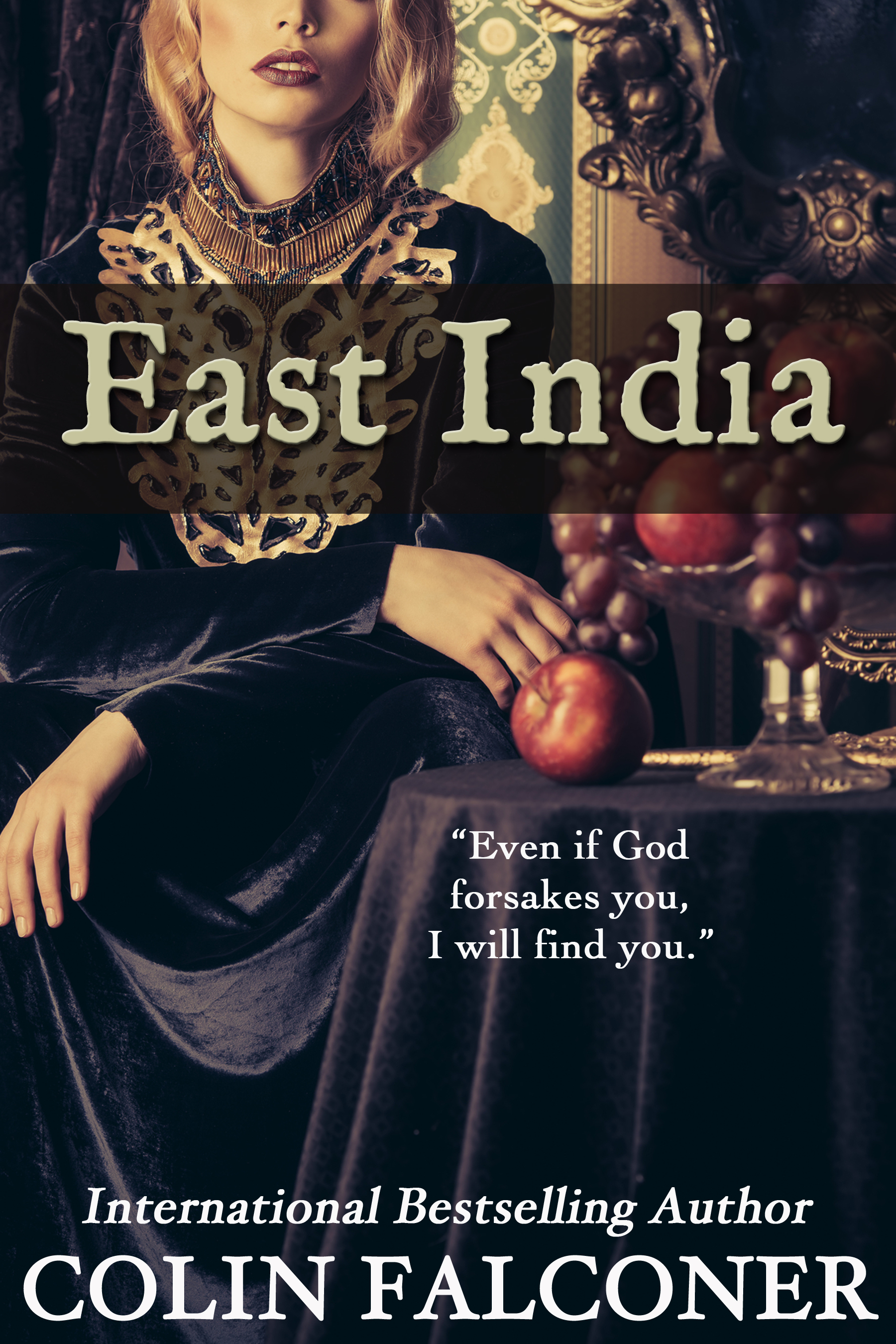
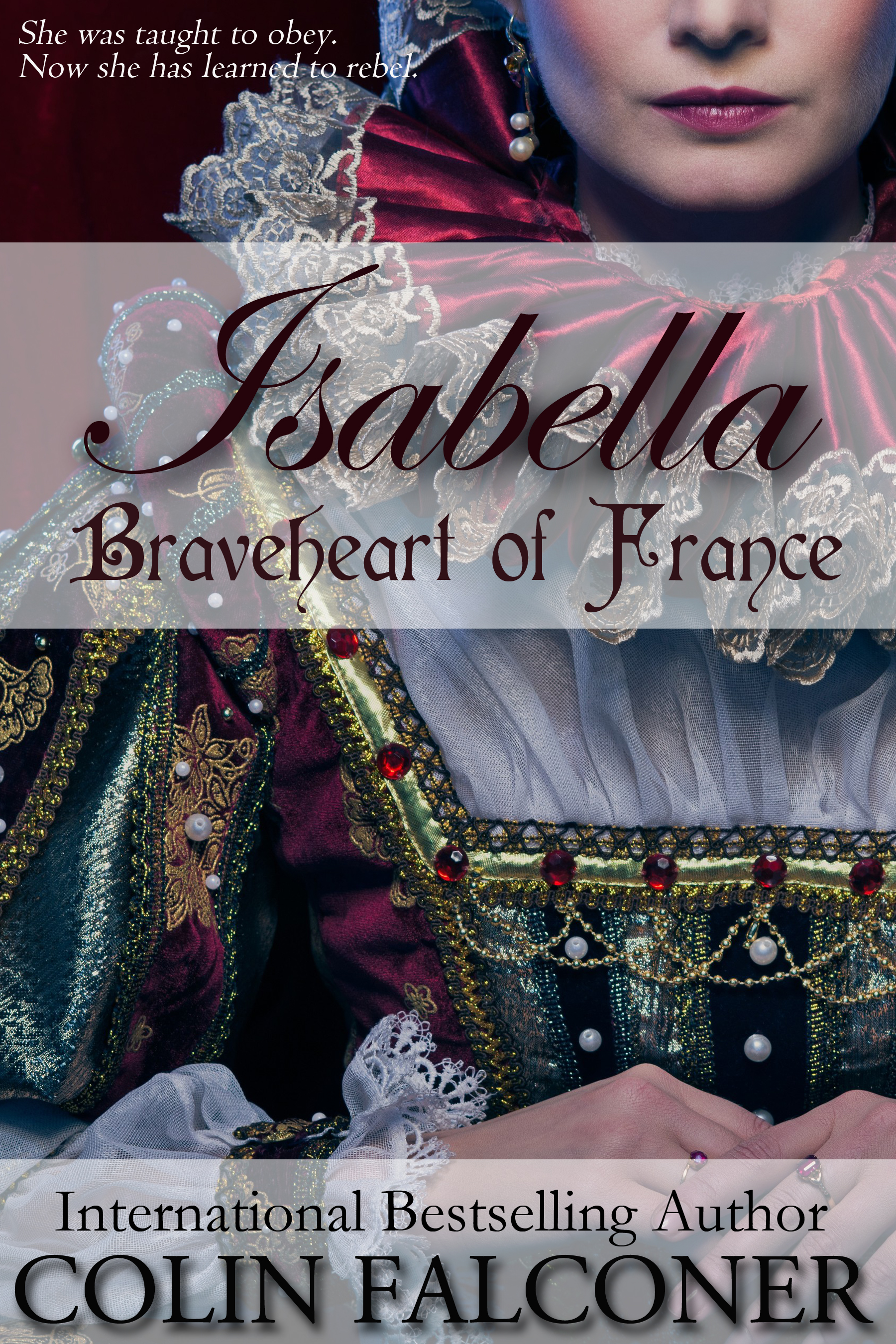
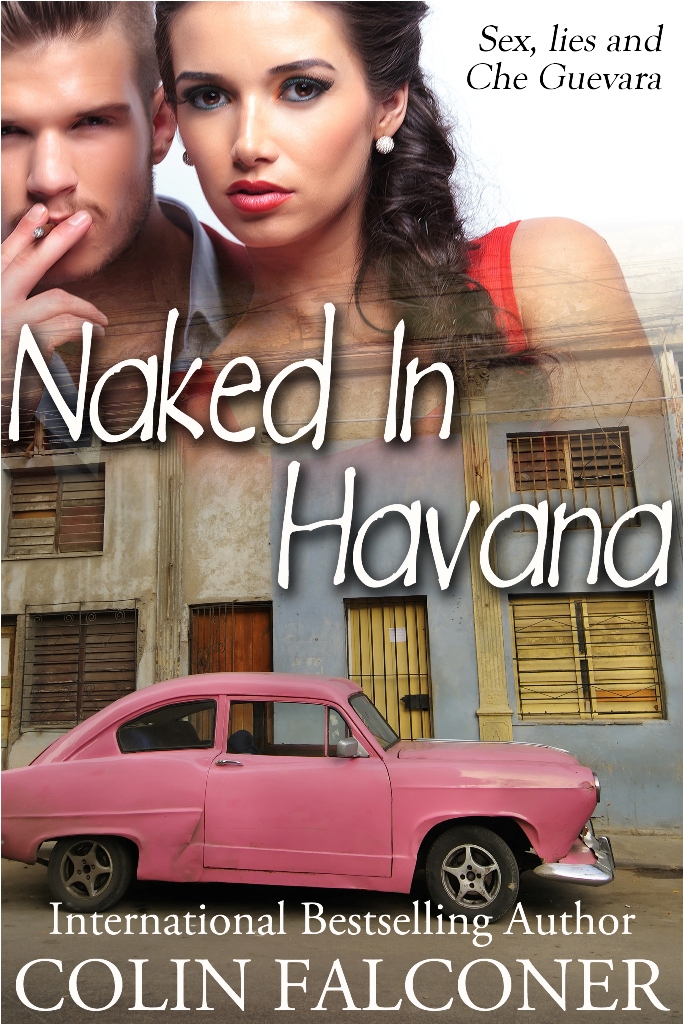

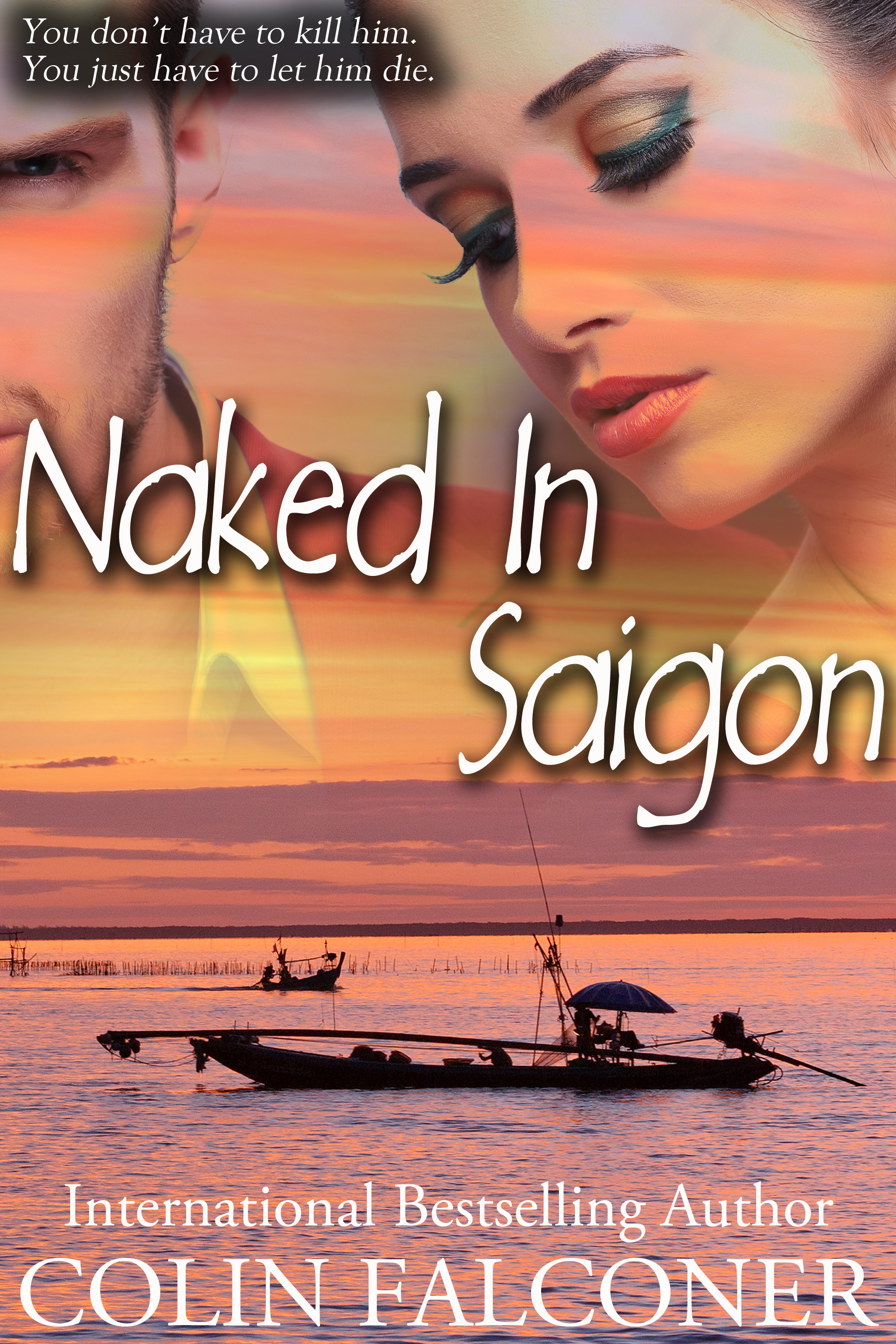
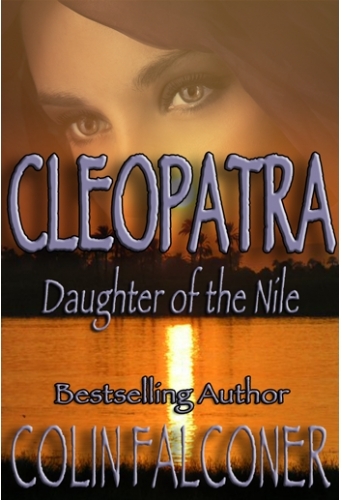

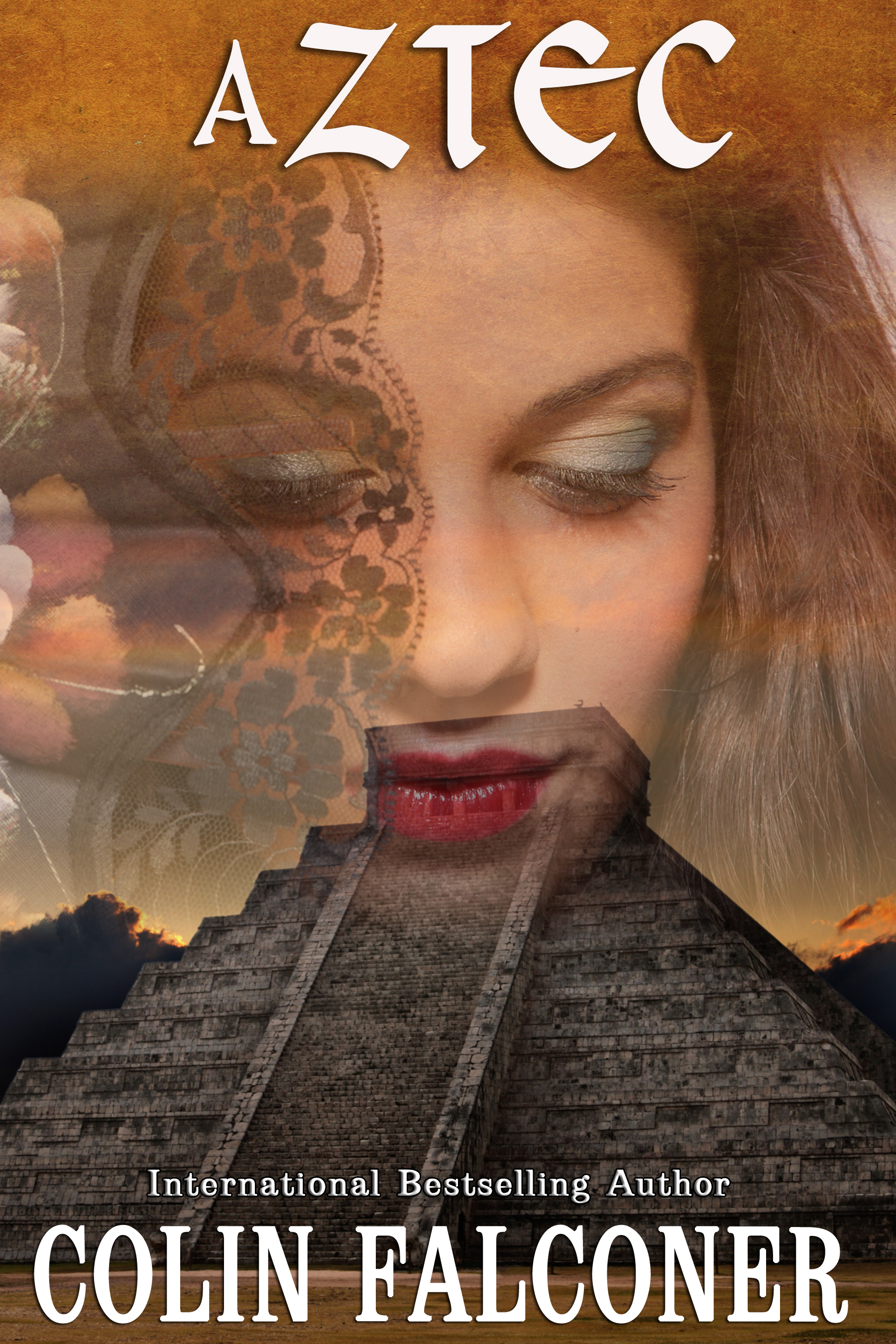

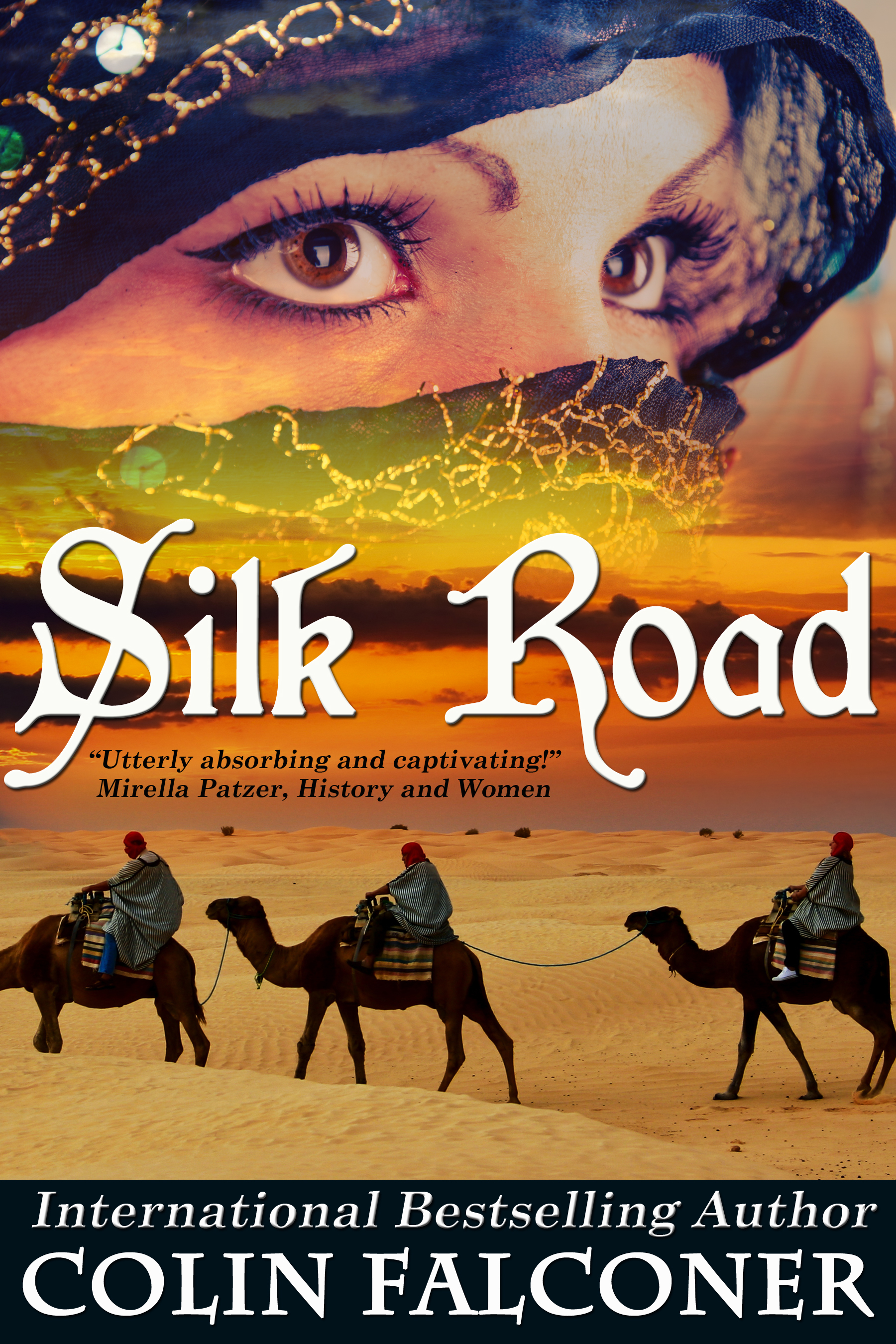
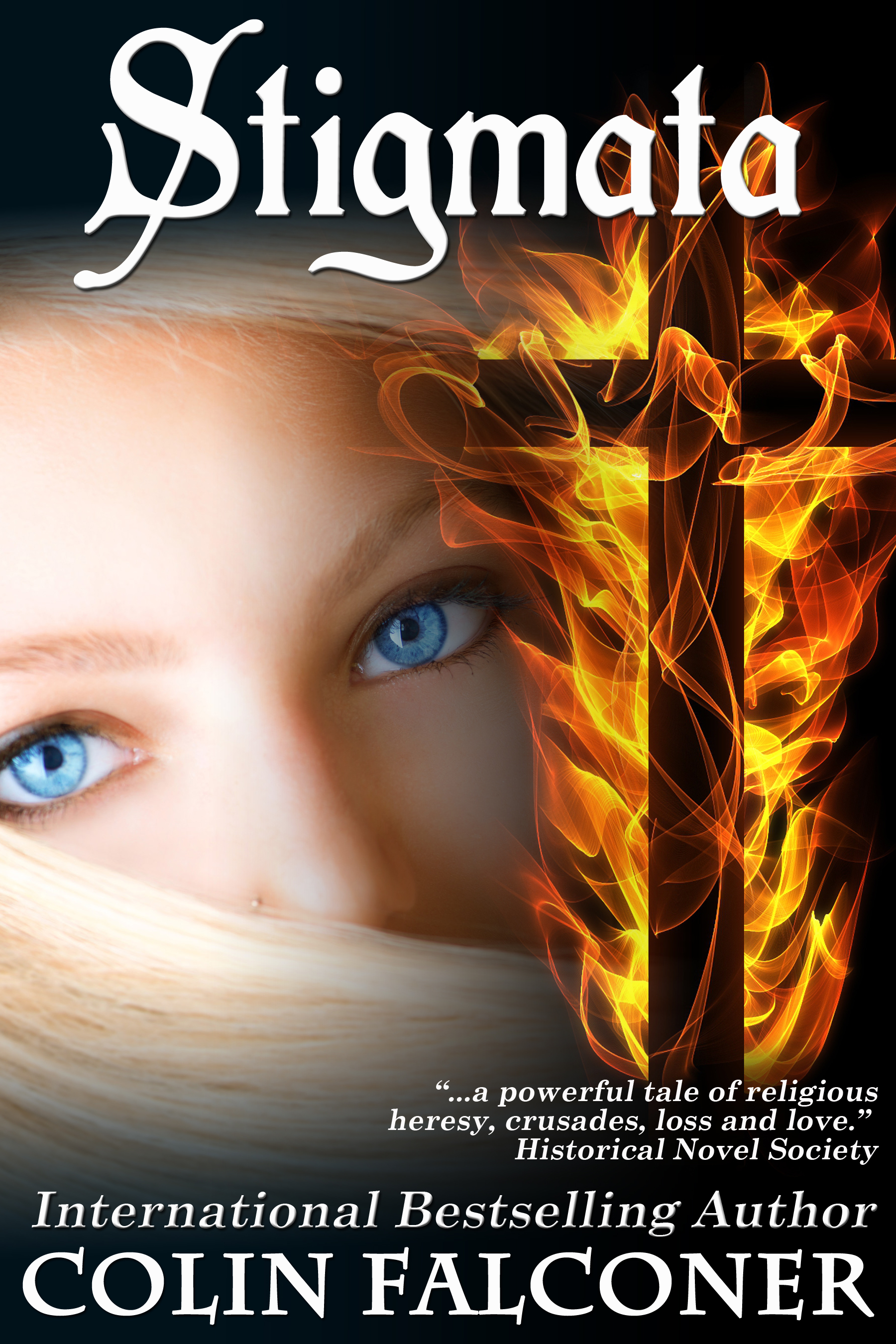
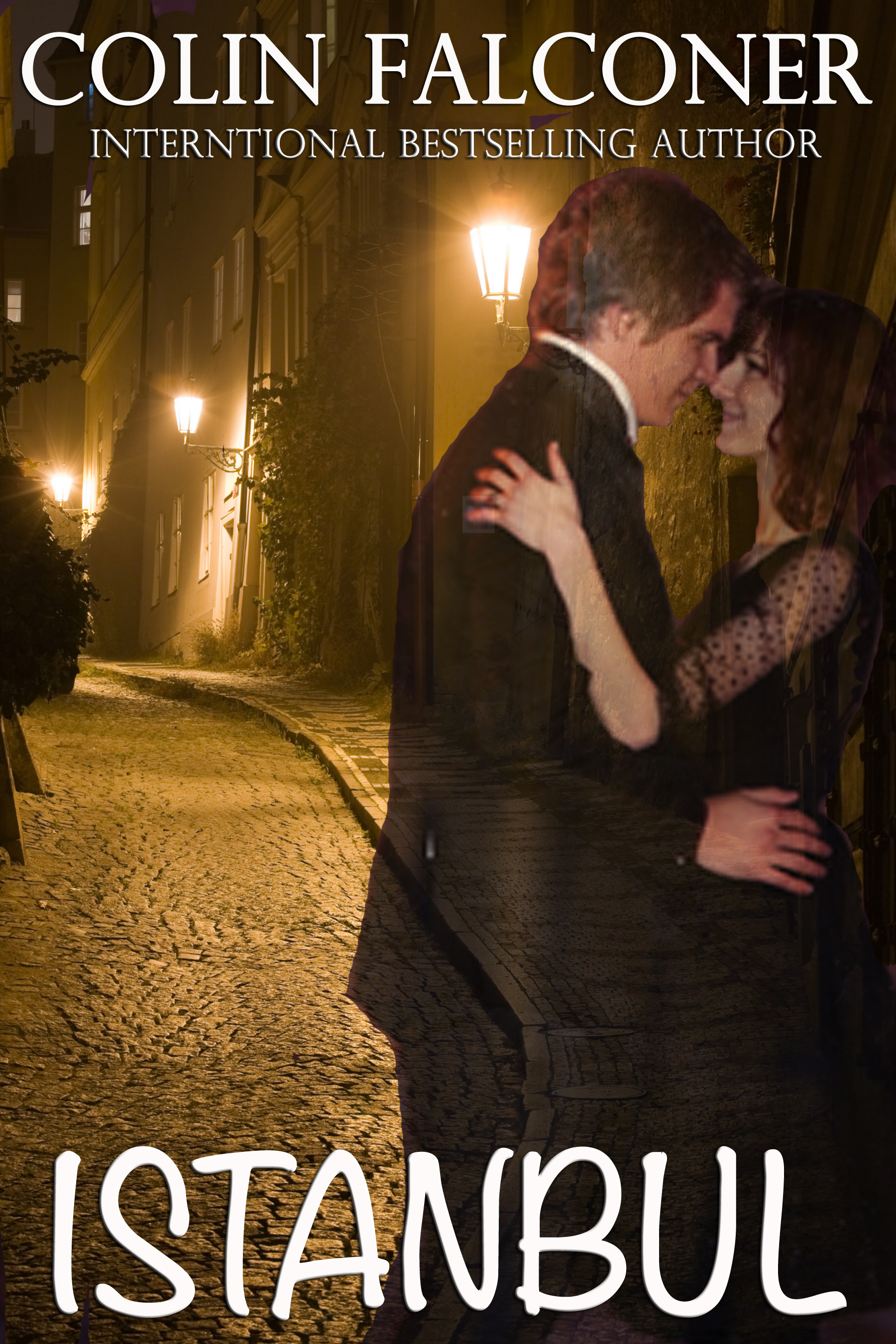

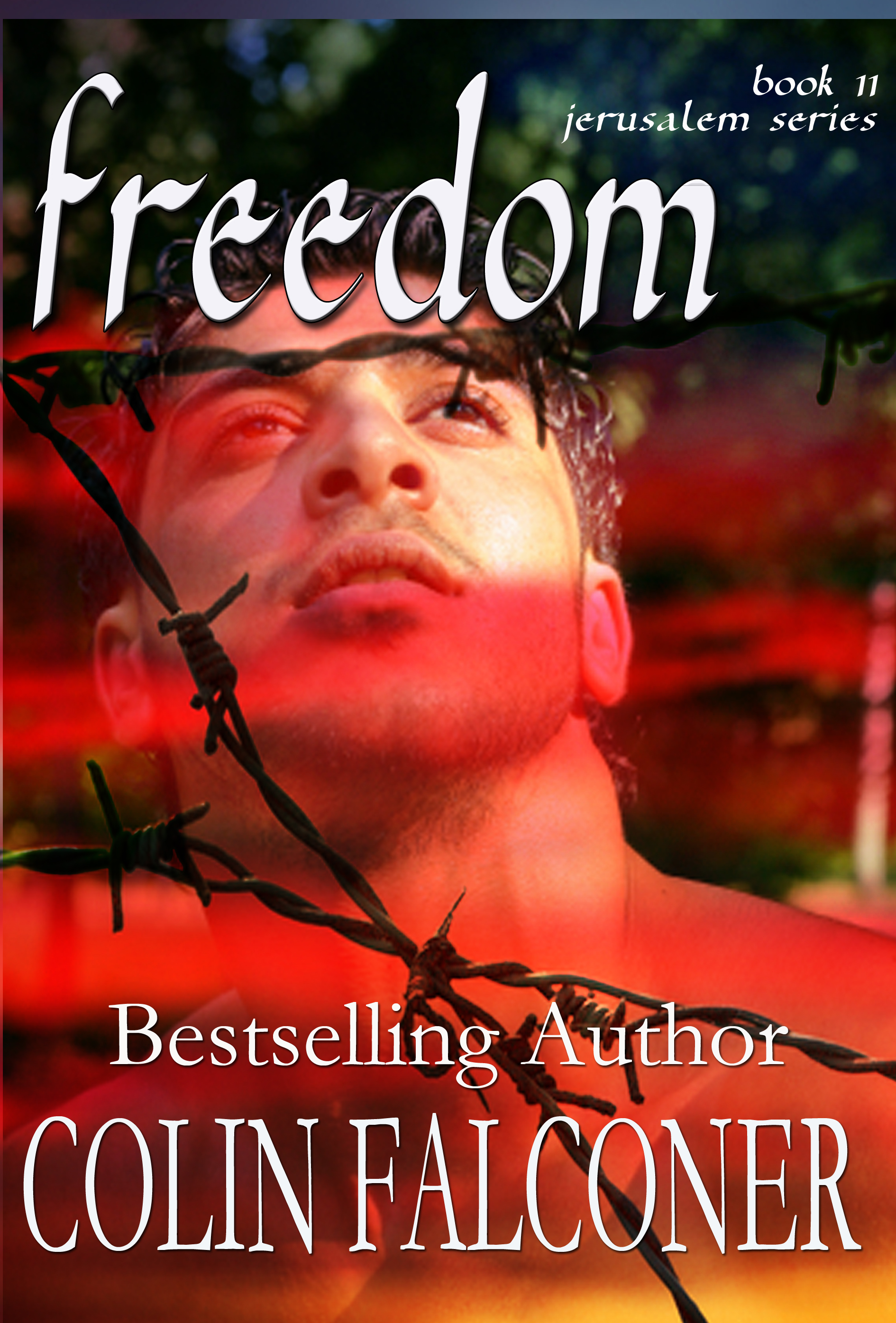


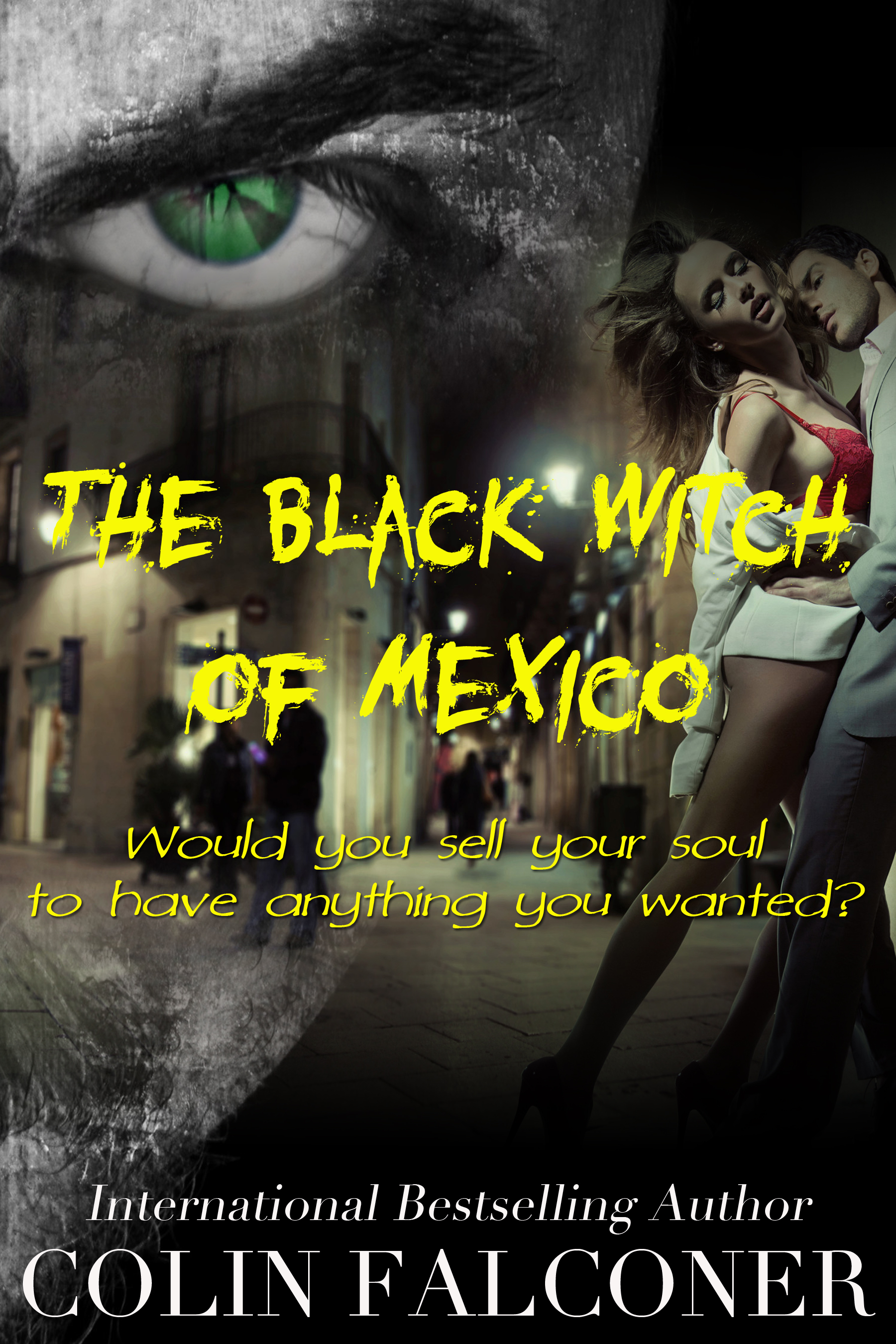


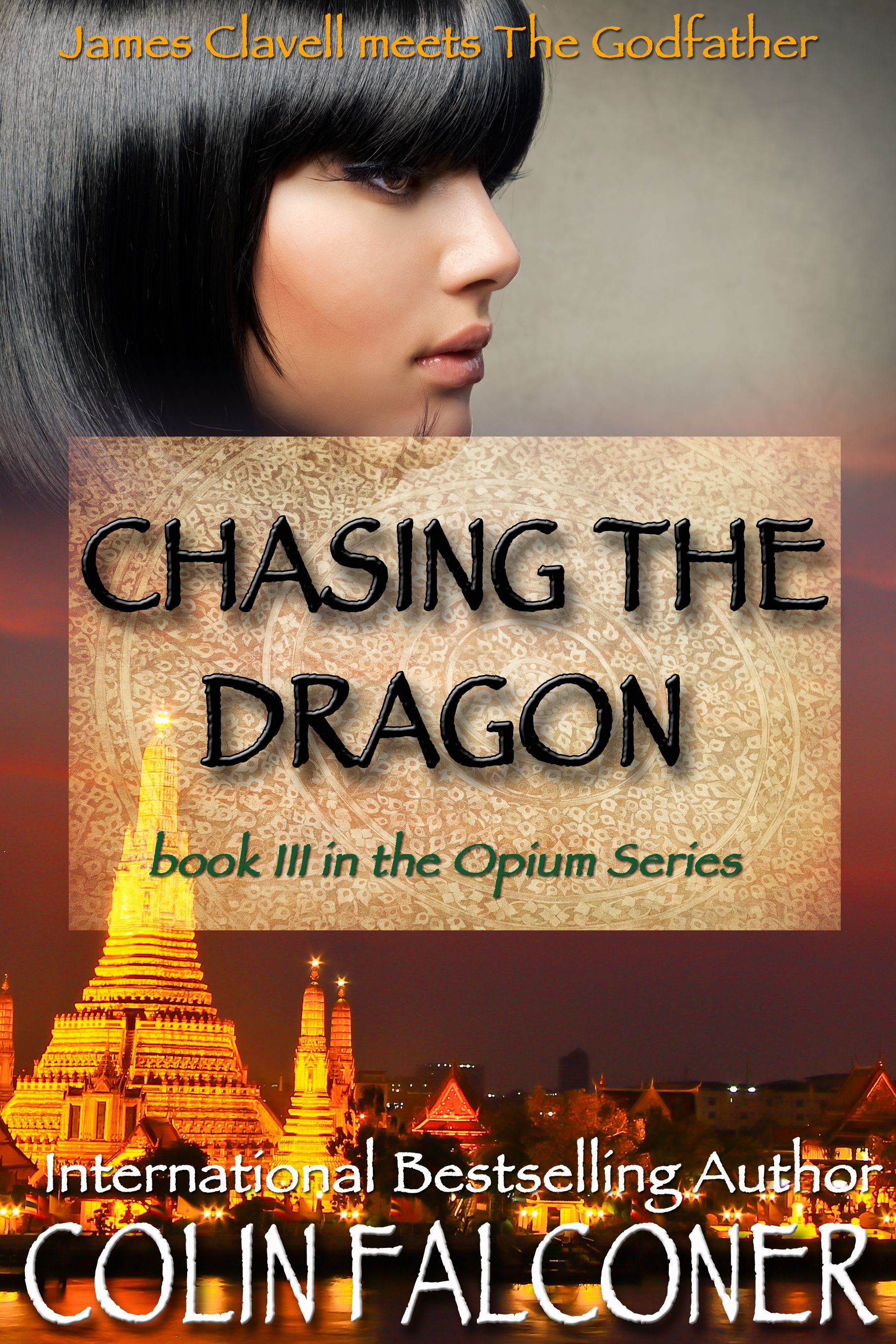
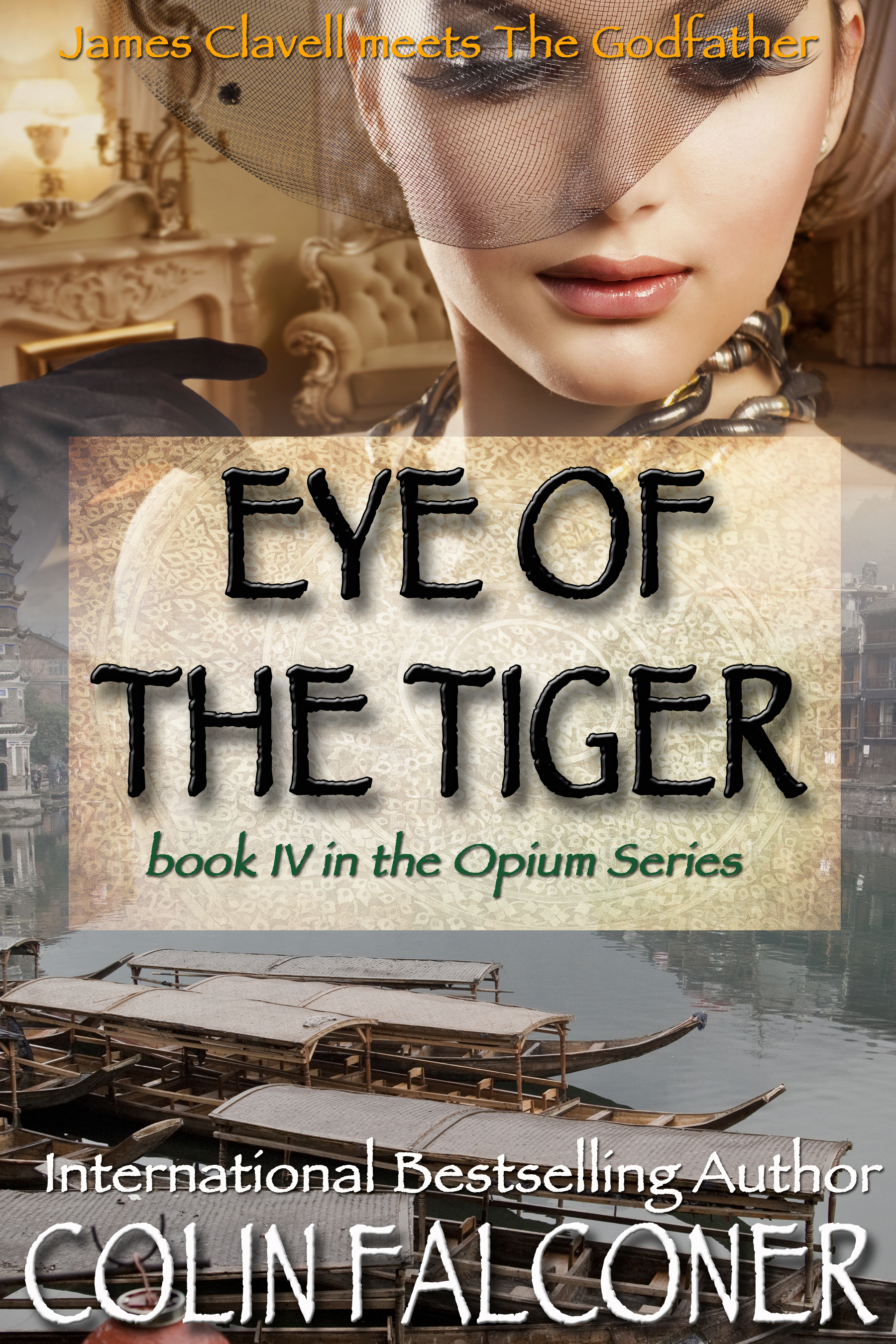

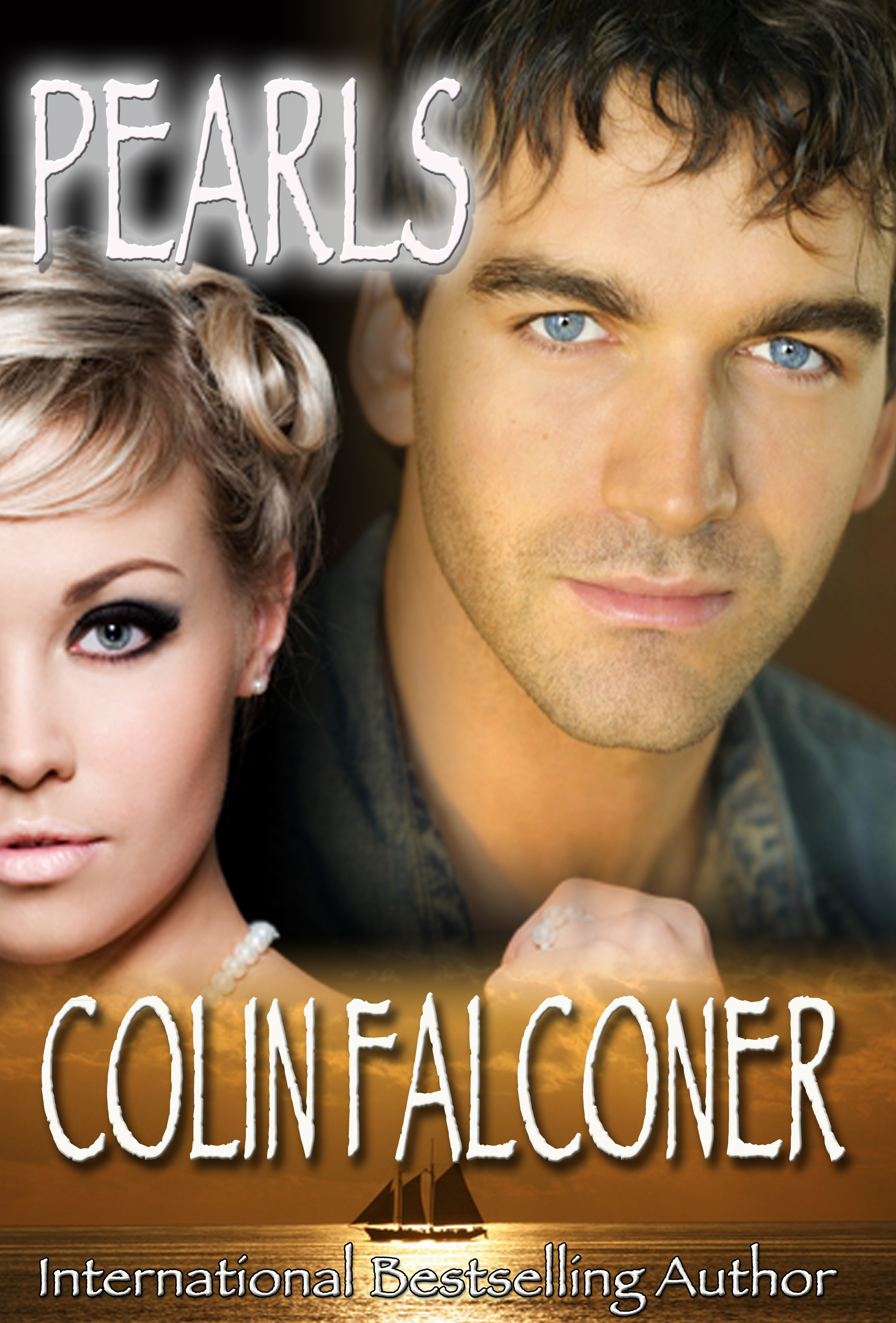



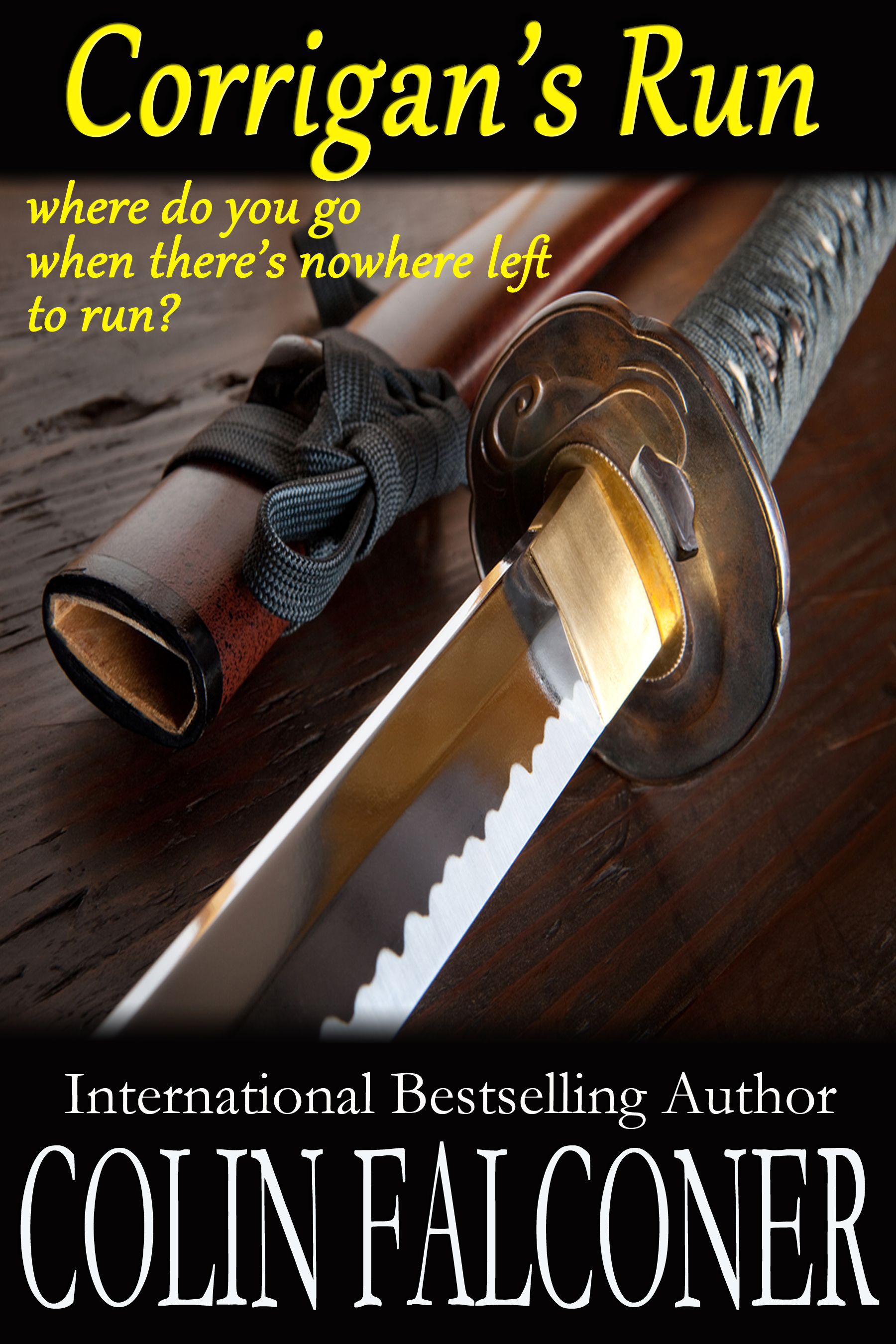
We may not have world peace, but thank god the weavers are safe. Brilliant as always Colin.
Thanks Prudence. We can sleep easy, knowing the world is better for the weavers. I can’t believe it all started in a village in Shropshire!
fascinating, as usual. Your love for history has rubbed off on me. Do you have tips on how to begin to write a historical fiction?
It’s funny Alvarado, but I never set out to write historical fiction. I got into it by accident. I am, have always been, in love with story. It just happened that the stories that fascinated me when I first started out were set in the past. Now, because I’m an ‘historical fiction author’ I have to discipline myself just to write in certain time periods. But stories are what fascinate me; history to me is just people in trouble - without mobile phones.